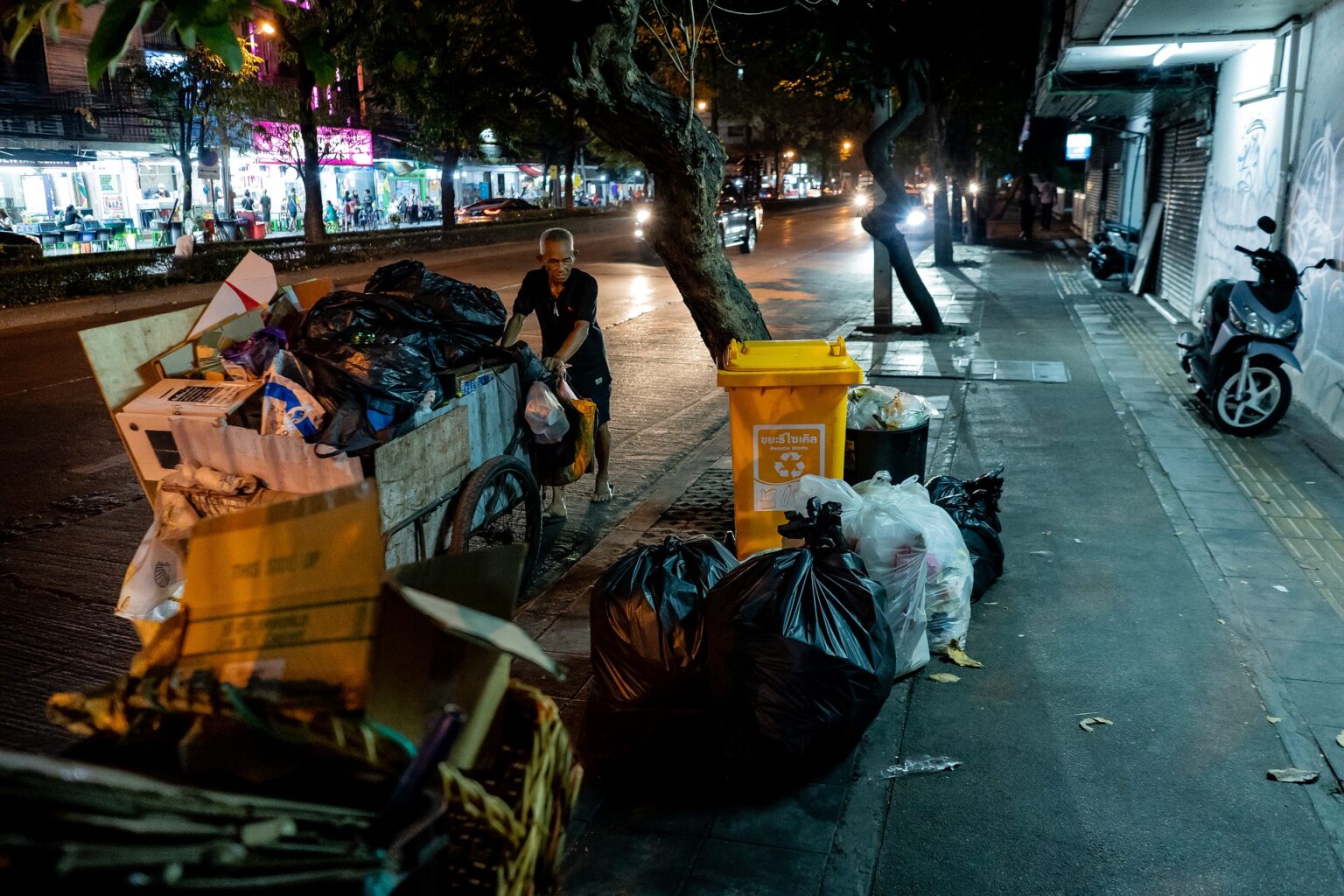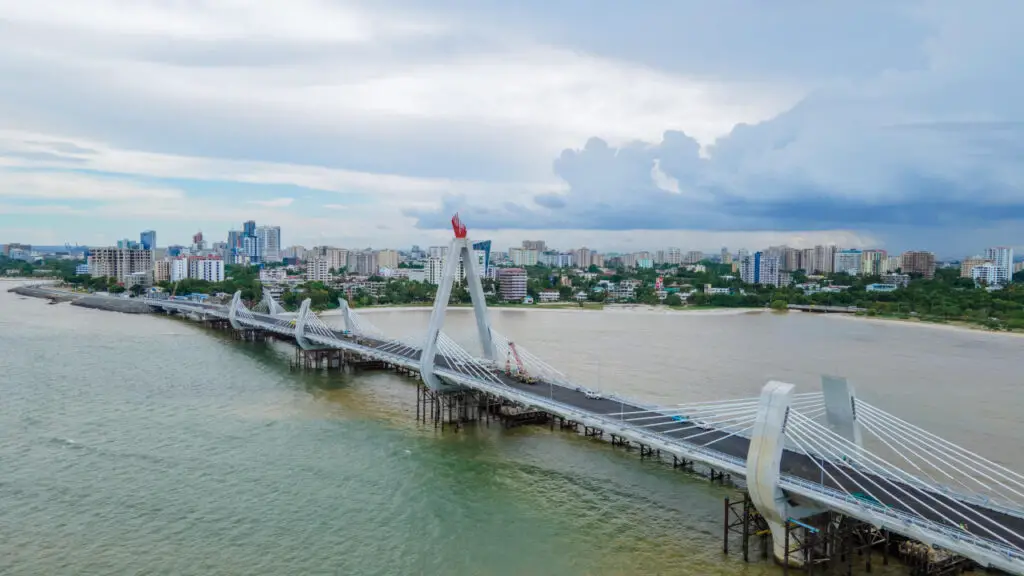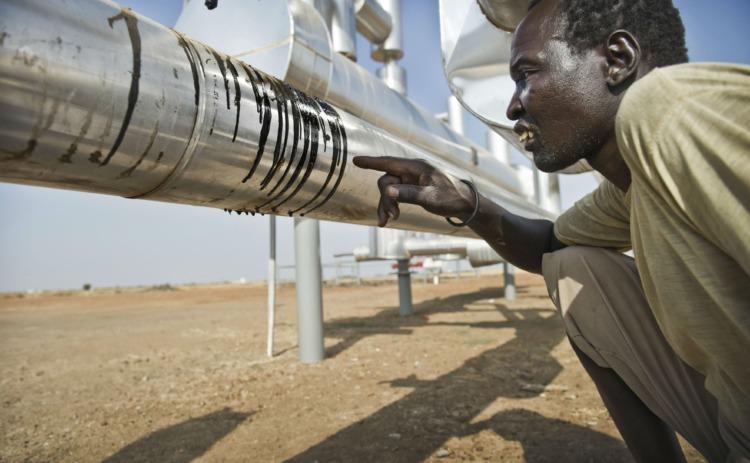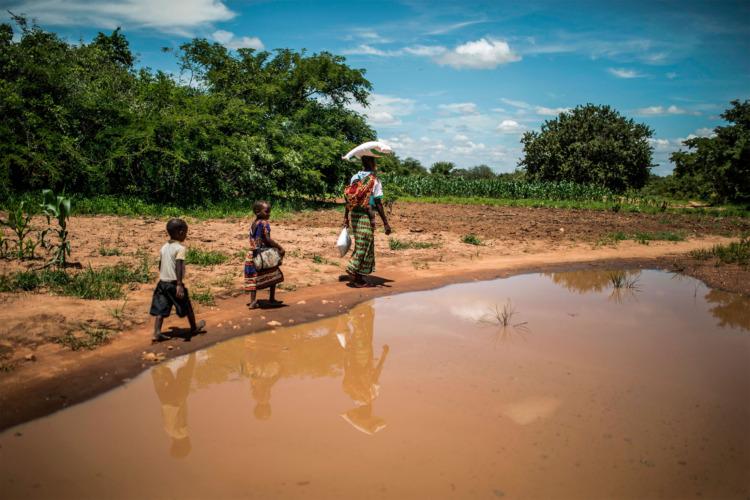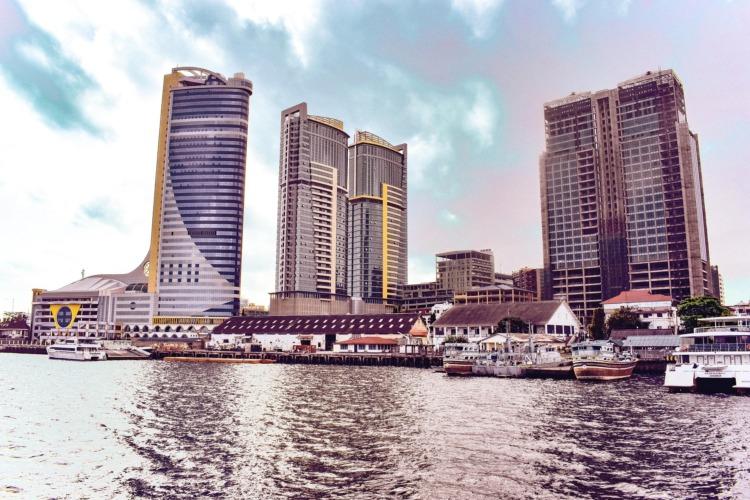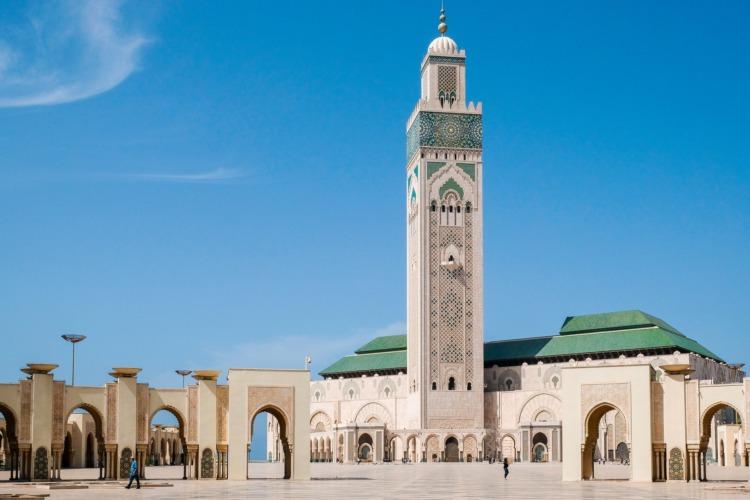- AI’s Dual Capacity and a Strategic Opportunity for African Peace and Security
- How African economies dealt with the 2025 debt maturity wall
- Africa’s Green Economy Summit 2026 readies pipeline of investment-ready green ventures
- East Africa banks on youth-led innovation to transform food systems sector
- The Washington Accords and Rwanda DRC Peace Deal
- Binance Junior, a crypto savings account targeting children and teens debuts in Africa
- African Union Agenda 2063 and the Conflicts Threatening “The Africa We Want”
- New HIV prevention drug is out — can ravaged African nations afford to miss it?
Author: Padili Mikomangwa
Padili Mikomangwa is an environmentalist based in Tanzania. . He is passionate about helping communities be aware of critical issues cutting across, environmental economics and natural resources management. He holds a bachelors degree in Geography and Environmental Studies from University of Dar es Salaam, Tanzania.
More people are becoming poor while few are getting extremely wealthy The pandemic has exacerbated the levels of inequality in the world South Africa is the most unequal country in Africa Around one billion people live on less than one dollar per day, while the wealthiest 10 per cent of the population currently take 52 per cent of the global income and the poorest half just 8 per cent (World Inequality Report, 2022). The World Inequality Report brings concise and up-to-date data on various aspects of global inequality. Hence, the report marks inequality as a constant thorn hurting the economies…
The national debt is still a lingering thorn in the economy. Central banks point out monetary policy keeps money supply afloat. Current GDP is higher than last year’s 4.0 per cent in the same quarter. Tanzania’s economy is progressing strongly despite global financial shocks propelled by the pandemic. According to the economic bulletin produced by the central Bank of Tanzania (BoT), the economy grew by 4.3 per cent in the quarter ending September 2021 , which is higher than 4.0 per cent in the corresponding quarter in 2020 – mainly driven by agriculture, transport and storage, trade and repair, manufacturing,…
The costs for South Sudan conflicts could reach a staggering range of between $22 billion and $28 billion over the next five years. The cost of war shockingly overpowers the new nation’s 2021/2022 fiscal budget of around $2 billion. Poverty is ravaging South Sudan. South Sudanese people lack basic essential services, poor housing, land and property issues limit people returning home in large numbers Numbers have been a better tool in analysing a very complex scenario, and in this case, South Sudan conflicts put it at a disadvantage economically. According to a 2015 Oxfam report, depending on the intensity…
However, the DW report argued that just 18 per cent of GCF financing went to projects in the world’s poorest countries, while 65 per cent went to projects in middle-income countries like Mexico or India.
GCF is an essential partner towards Africa’s climate action. It is one of the most potent multilateral financing mechanisms available for the continent in supporting genuine-time climate action efforts.
Despite the underlying challenges within climate finance the region faces, it ought to be ready to harness GCF’s potential and become resilient as climate change impacts do not wait.
Africa’s technology adoption is a crucial factor for the smooth adoption of blockchain. Africa has some of the most highly ranked global crypto adoption indexes. Most African countries have not allowed crypto to be included in economic transactions. As much as Africa struggles with technological challenges, including the digital divide, still, the second-most populous continent has stood high when it comes to cryptocurrency adoption, bringing the crypto market to $105.6 billion by the year ending June 2021. In countries such as Tanzania, Kenya, South Africa, and Nigeria (ranked in the top 20 Global Crypto Adoption Index), fintech has taken a…
Since November 2020, Tigray’s rebel forces have been fighting Ethiopia’s military forces, leaving hundreds in humanitarian crises and with countless deaths. This poses a threat to the rest of the region and to Ethiopia’s development initiatives. Ethiopia’s two neighbouring countries, South Sudan and Somalia, are also in deep civil conflict.
The World Bank (WB), one of Ethiopia’s close development partners, argues that its location gives this nation of more than 112 million people a strategic dominance as a “jumping-off” point in the Horn of Africa, close to the Middle East and its markets.
The second most populous country with the fastest growing economy in the region has impressed the globe with its development pace, from enhancing its aviation power to increasing infrastructure to make the country more accessible and up to speed.
Gold exports accounted for 43 per cent of goods exported by the year ending September 2021 The Tanzanian shilling is argued to be stable against the US dollar Still, debt is a thorn to the Tanzanian government as it stands at more than $33 billion The central bank of Tanzania released its monthly economic review report on 11 November, for October 2021, and it depicts the economy to be stabilised, despite a few sectors showing some decline in performance. One of the most promising notes in the report is the stability of the shilling against the US dollar, “trading at…
North Africa GDP was negative -1.1 per cent (2020) and -5.1 percentage point drop over 2019 But the region is expected to recover pre-pandemic, propelled by oil and tourism industry Vaccination is still an important element in supporting the region towards recovery The African Development Bank (AfDB), one of Africa’s multilateral development finance institutions, has released its 2021 edition of the North Africa Economic Outlook published on November 3, noted several interesting developments, including the potential for the economy to rebound attributed to performance in oil and tourism. The COVID-19 pandemic trapped North Africa in economic uncertainty, as growth was…
US, EU pledge to cut global methane and greenhouse gas emissions by at least 30 per cent by 2030. 16 Southern African Development Community (SADC) states have recorded 36 per cent of all weather-related disasters in Africa. China, the world’s largest emitter of methane, India and Russia are not part of a pledge to cut down emissions. The 26th Conference of Parties (COP26) has demonstrated to the world action towards climate change is possible. As heads of state converge and pledge crucial issues including, the US and European Union announced a global methane pledge, cutting emissions of greenhouse gas by…
Elon Musk is ready to sell his Tesla shares if WFP will describe how it will spend it and display accounting reports Nearly 42 million people are face starvation due to various factors including climate change 2 per cent of Elon Musk’s wealth could help the 42 million people facing hunger Who would have thought that one man can solve a portion of global hunger? The old saying, ‘numbers don’t lie’ has somehow shocked the world, as the director of the United Nation’s World Food Programme, David Beasley, recently challenged the world’s wealthiest individuals to ‘’step up now, on a…





